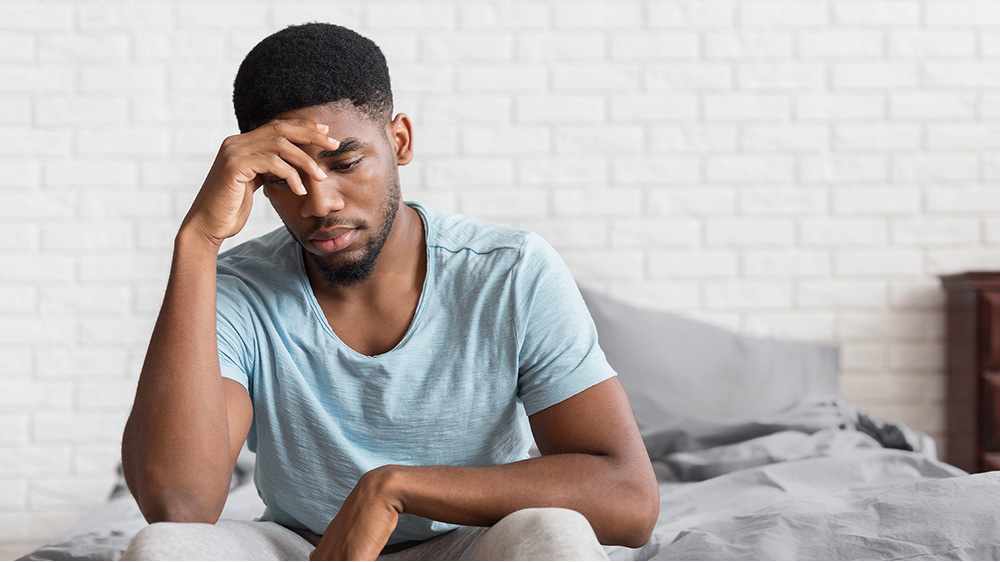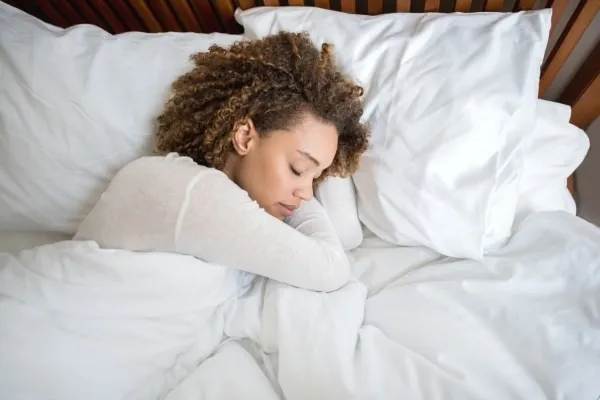In today’s world, we use many gadgets and are often immersed in social media, which can lead to reduced sleep. We like to use our time to access all these things, but we think sleep is secondary. When we go to our bed, even there most of us use our mobile phone to check any updates received and spend time, which leads to our engagement, and that leads to further reducing our sleep time.
Anyone who’s tossed and turned or stayed up too late, then faced a cranky early morning, knows that poor sleep can trigger a poor mood. But the relationship between sleep and our mental health goes deeper. Getting enough or not enough sleep can impact our mental health. Extensive research has drawn links between mental health and sleep.

Studies have found that cognitive behavioral therapy and other interventions that ameliorate poor sleep also relieve symptoms of depression and anxiety, and that bigger improvements in sleep correlated with bigger improvements in mental health. When it comes to mental health, it’s not just sleep quantity but also timing that matters. A study shows that going to bed early and waking early is better for a person’s mental health, even if they’re a night owl.
For people who want to take steps to improve their mental health through better sleep, researchers offer tips for achieving or maintaining good sleep hygiene:
- Keep your bedroom comfortable
- Avoid screen time during bedtime
- Avoid drinking tea or coffee before bedtime
Try avoiding naps during the day. If you feel you are not getting enough sleep, then it is time to check with a medical practitioner and get help from them.
Source or References:
- https://med.stanford.edu/news/insights/2025/08/sleep-mental-health-connection-what-science-says.html
The information provided on this blog is not intended to be medical advice and should not be relied upon as such.If you have any medical concerns, please consult with a qualified healthcare professional. We are not responsible for any harm or injury caused by reliance on the information provided.





